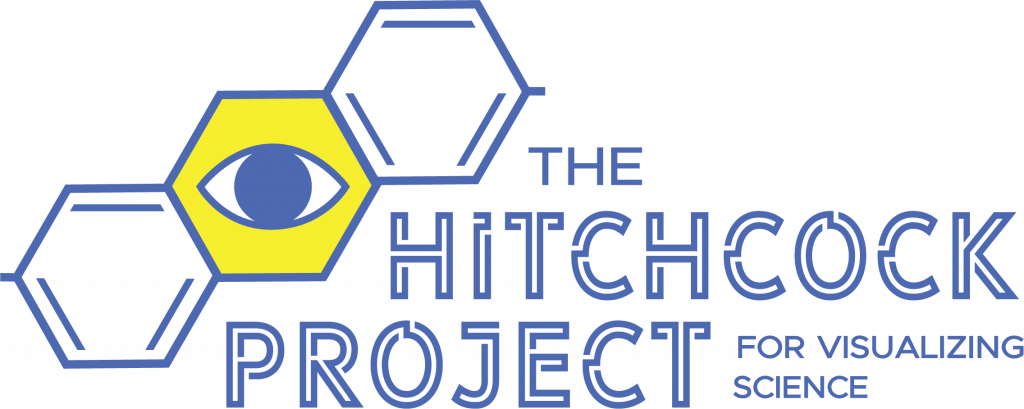Feeling the aftermath of Thirsty Thursday? As you struggle to get out of bed, you may be wondering why you feel so dreadful. Ethanol, the main component in alcohol, has a number of effects on the body: it suppresses certain hormones, causes buildups of toxic compounds, and results in changes in your immune system. These changes lead to the hangover symptoms that many college students know well — thirst, headaches, nausea, fatigue, memory loss, and more. In this animated explainer, Bela Delos-Reyes walks us through the science behind alcohol-induced hangovers and what a big night of drinking actually does to your body.
Sources:
National Institute on Alcohol Abuse and Alcoholism. (n.d.). Hangovers. U.S. Department of Health and Human Services. https://www.niaaa.nih.gov/publications/brochures-and-fact-sheets/hangovers
News-Medical. “The Science Behind Hangovers.” News-Medical.net, 22 Sept. 2021, https://www.news-medical.net/health/The-Science-Behind-Hangovers.aspx
Northwestern Medicine. “The Science of a Hangover.” HealthBeat, https://www.nm.org/healthbeat/healthy-tips/the-science-of-a-hangover.
Pappas, S. “Your complete guide to the science of hangovers.” Smithsonian Magazine. 2021, August 17. https://www.smithsonianmag.com/science-nature/your-complete-guide-to-the-science-of-hangovers-180948074/
Bela Delos-Reyes is a student in the Reynolds School of Journalism. This story was produced as part of the RSJ’s motion graphics class during spring 2024, taught by Luka Starmer.





